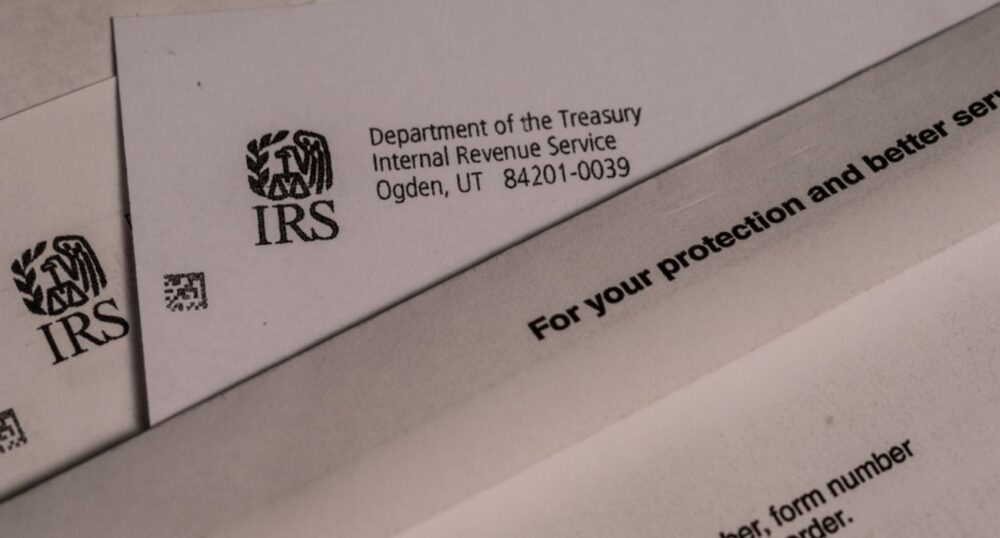The Internal Revenue Service recently announced that it will no longer make unannounced visits to homes or businesses to resolve unpaid tax issues.
The policy change is part of the IRS’s new Strategic Operating Plan, which it announced in April following the passage of the Inflation Reduction Act last year.
In the past, it was standard practice for IRS revenue officers to visit targeted establishments in an effort to collect unpaid taxes and unfiled tax returns with a median outstanding balance of $110,000, per CNBC.
However, the practice had garnered criticism from lawmakers and anti-tax groups, such as Americans for Tax Reform, over the legality of unannounced visits and the potential for abuse and error, The New York Times reported.
For example, in June, IRS agents who searched a gun shop in Great Falls, Montana, were accused of not coordinating with law enforcement ahead of the unannounced search and of seizing gun owners’ personal information, a potential violation of the Second Amendment.
Under the new policy, which became effective last week, the IRS will now make initial contact via mailed letters, known as 725-Bs, that request the subject schedule a face-to-face meeting. This will allow the taxpayer to gather the necessary documents and prepare before meeting with the IRS agent.
“Starting today, if someone’s ringing your doorbell, it’s extremely unlikely to be an IRS collection employee unless you made an appointment for a home visit,” IRS Commissioner Danny Werfel told reporters on a call, reported CNBC. “The change reverses a long-standing practice by IRS revenue officers that goes back decades.”
The policy change was reportedly prompted by security concerns, both for taxpayers and the officers making the visits. On the civilian side, an increase in scam artists posing as IRS agents has created confusion and anxiety for taxpayers, the IRS said. Meanwhile, IRS revenue officers routinely faced hazards and uncertainty when making unannounced visits, a July 24 IRS press release claimed.
The new policy has garnered support from the National Treasury Employees Union (NTEU), which highlighted the increased security concerns of its members.
“The safety of IRS employees is of paramount importance and this decision will help protect those whose jobs have only grown more dangerous in recent years because of false, inflammatory rhetoric about the agency and its workforce,” said Tony Reardon, national president of the NTEU, per the press release. “We look forward to working with the IRS on this and other actions to protect the safety of all IRS employees.”
Responding to concerns that the end of unannounced visits would hamper tax collection, Werfel noted that 10-year funding — which amounts to $80 billion — from the Inflation Reduction Act will allow the agencies to hire more employees and deploy new technology to focus on the most serious tax issues.
The agency’s strategic operating plan for fiscal years 2023-2024 shows that it intends to hire nearly 20,000 new employees as part of a broad effort to enhance the detection of noncompliance and increase enforcement activity across the board, Reuters reported.
In addition, the IRS has also implemented new income-reporting requirements for payment apps like Venmo and PayPal. As of January 1, 2023, the IRS requires all third-party U.S. payment processors to report user transactions of $600 or more per year, as reported by The Dallas Express.
“We have the tools we need to successfully collect revenue without adding stress with unannounced visits. The only losers with this change in policy are scammers posing as the IRS,” Werfel said in the press release.
“We are taking a fresh look at how the IRS operates to better serve taxpayers and the nation, and making this change is a common-sense step,” said Werfel. “Changing this long-standing procedure will increase confidence in our tax administration work and improve overall safety for taxpayers and IRS employees.”
The Dallas Express reached out to IRS media relations for comment about the policy change but did not receive a response by the time of publishing.

